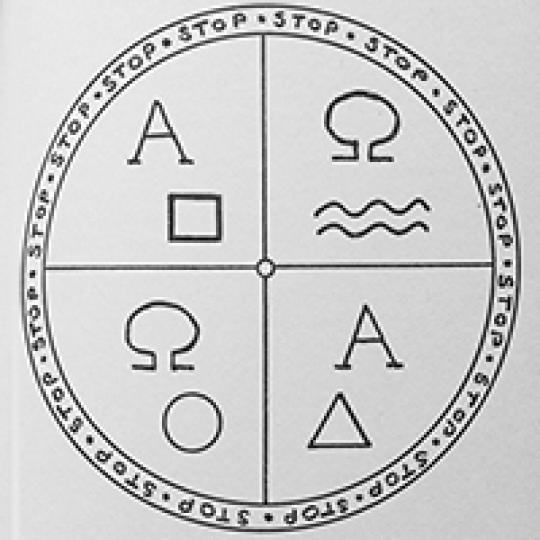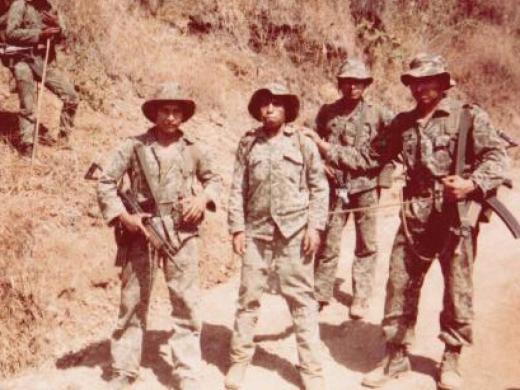When Jonathan Goldstein was a kid, his father gave him a book that promised to teach you how to shoot mental laser beams, win the lottery, move solid objects with your mind, make others obey your command – all through the use of mental power and magic words. This week, he revisits the book to try to unlock the secrets within. And we have other stories where people recite words that have the power to change their lives, with no magic or mumbo jumbo at all.
-
Download Control-click (or right-click) Tap and hold to download
- Transcript




Prologue
Ira talks to reporter Jake Halpern about a scene he saw take place in a Georgia courtroom where a couple uttered some magic words that seemed to make their debt disappear completely. Jake describes the scene in his new book, Bad Paper: Chasing Debt from Wall St. to the Underworld. (10 minutes)
I Believe I Can Fly
When Jonathan Goldstein was 11, his father gave him a book called Ultra-Psychonics: How to Work Miracles with the Limitless Power of Psycho-Atomic Energy. The book was like a grab bag of every occult, para-psychology, and self-help book popular at the time. It promised to teach you how to get rich, control other people's minds, and levitate. Jonathan found the book in his apartment recently and decided to look into the magical claims the book made.
Jonathan Goldstein is host of the CBC radio show and podcast, Wiretap. (17 minutes)
Rainy Days and Mondys
Producer Chana Joffe-Walt talks to a woman named Karen Stobbe and her husband Mondy about a plan they've recently enacted in their family. Karen's mother lives with them and she has dementia. Karen and Mondy are actors and they stumbled upon a skill they have that is incredibly useful in communicating with Karen's mother – improv.
Karen Stobbe offers workshops on how to use the tools of improv with people who have dementia. (20 minutes)
Pescatarian
We plays excerpts from Mike Pesca's podcast, The Gist, from Slate. Mike Pesca used to be the sports reporter for NPR, but The Gist isn't about sports. It's a daily show about the news and it's full of Mike's observations and dissections of the world around him. And one of the things that Mike notices often, is how words are used, and misused. (10 minutes)

